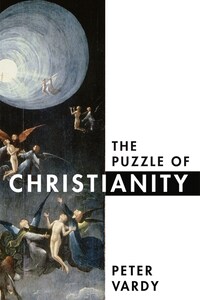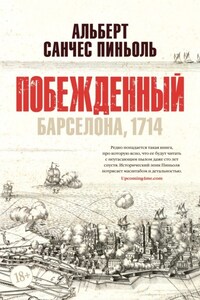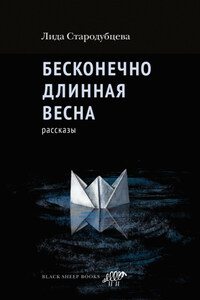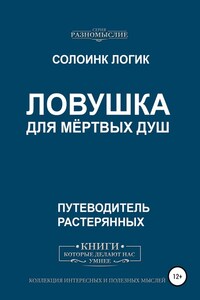William Collins
An imprint of HarperCollinsPublishers
1 London Bridge Street
London SE1 9GF
WilliamCollinsBooks.com
This eBook edition published by William Collins in 2016
Follow us on Twitter: @CollinsReligion
Text © Peter Vardy, 2016
Photographs © individual copyright holders
Peter Vardy asserts the moral right to be identified as the author of this work.
Cover photograph: Ascent of the Blessed by Hieronymus Bosch (c.1490). Photo by Marco Secchi/Corbis via Getty images
Scripture quotations taken from The Holy Bible, New International Version (Anglicised edition) Copyright © 1979, 1984, 2011 by Biblica (formerly International Bible Society). Used by permission of Hodder & Stoughton Publishers, an Hachette UK company. All rights reserved. ‘NIV’ is a registered trademark of Biblica (formerly International Bible Society). UK trademark number 1448790.
A catalogue record for this book is available from the British Library.
All rights reserved under International and Pan-American Copyright Conventions. By payment of the required fees, you have been granted the non-exclusive, non-transferable right to access and read the text of this eBook on-screen. No part of this text may be reproduced, transmitted, downloaded, decompiled, reverse engineered, or stored in or introduced into any information storage and retrieval system, in any form or by any means, whether electronic or mechanical, now known or hereinafter invented, without the express written permission of HarperCollins Publishers.
Source ISBN: 9780008204242
Ebook Edition © September 2016 ISBN: 9780008204259
Version: 2016-09-05
To Christine Smith
Who, first at HarperCollins and then at SCM,
has published most of my books and to whom
I owe a great deal. With thanks.
Peter Vardy
Easter 2016
Jesus of Nazareth, Jesus the Christ, is at the centre of Christianity. This, at least, is clear but beyond this, defining the essence of Christianity is full of difficulties. It is like trying to capture a rainbow or the light from the sparkling drops of a waterfall as they reflect the sun. Christianity has many facets and many forms. It is the largest religion in the world with nearly 2 billion adherents and these are found in every country in the globe. Christians are united and also divided. They are united around the centrality of the person of Jesus, His unique status and the extraordinary message He came to convey, but divided in many ways on the nature of the message, on doctrine, beliefs, ethics, forms of worship and even the status of the New Testament.
It would be easy to focus on the lack of unity in Christianity – and this lack of unity certainly exists. Major Christian churches are often at loggerheads and the disagreement between Christian groups can be profound and deep. Some Protestants do not regard Catholics as Christian at all. The teaching authority of the Catholic Church, the Magisterium, has historically been hostile to Protestantism and used to deny salvation to those who were outside their church; indeed, they ruled that there was only one Church: their own. Pentecostal churches, particularly in the United States and Africa, owe much to the charisma of individual church leaders and there is limited unity beyond the centrality of the Bible and the person of Jesus. Orthodox Christians have traditionally been suspicious of Western Christianity and have sought to remain faithful to the tradition of the early Church, whilst liberal Christians in the West have often diluted traditional Christian beliefs to such an extent that not much remains.
The history of Christianity has been full of disagreements, with so-called ‘heretical’ groups being persecuted because of their deviance from what was accepted as orthodoxy. There was no unity in the early centuries of Christianity, with a considerable range of different interpretations and beliefs. Forging unity and then seeking to maintain this has also been a challenge and it has particularly occupied the main Christian churches. There has been violence, torture and persecution as well as fierce attacks over what may seem to be small points of doctrine. It would be easy to reject the whole of Christianity on these grounds and many critics have done so. And yet, beneath the tensions and the sometimes violent disagreements, like the De profundis or the deep tone of a bass bell, there is something profound, significant and important happening – something of enormous contemporary relevance and something on which hundreds of millions of people down the centuries have been willing to stake their lives. Christianity has been responsible for some of the greatest art and the greatest acts of heroism and altruism, as well as compassion, nobility and virtue – as well as, it must be admitted, terrible persecution and suffering. Christian thinkers have generated some of the most profound philosophy as well as science and business practice. European culture has been founded on Christianity and this has been exported around the globe. Many of the internationally accepted values endorsed by the United Nations have Christian origins.








